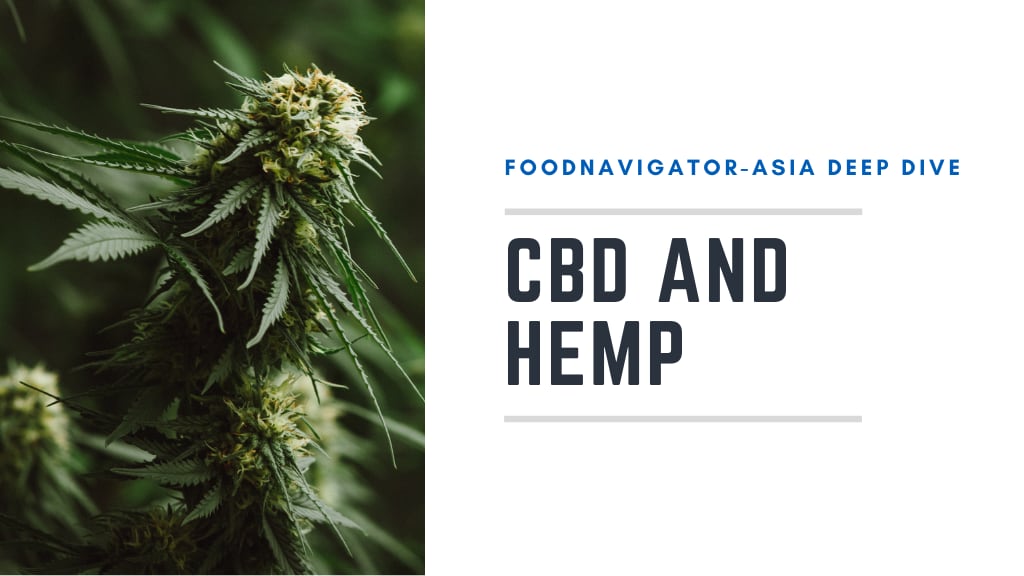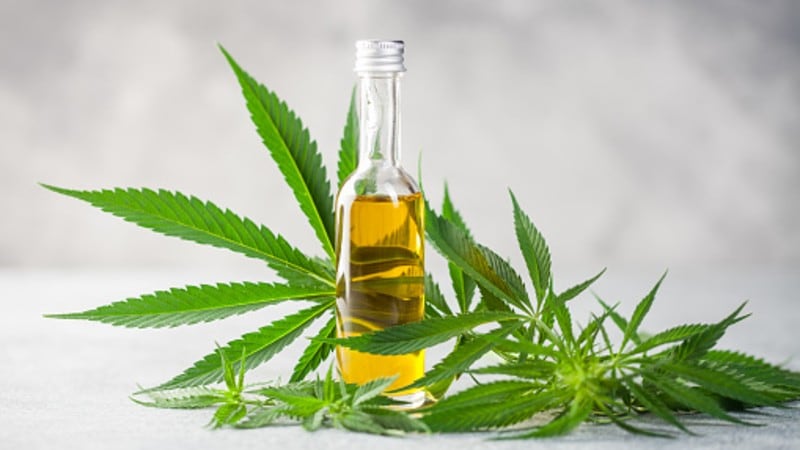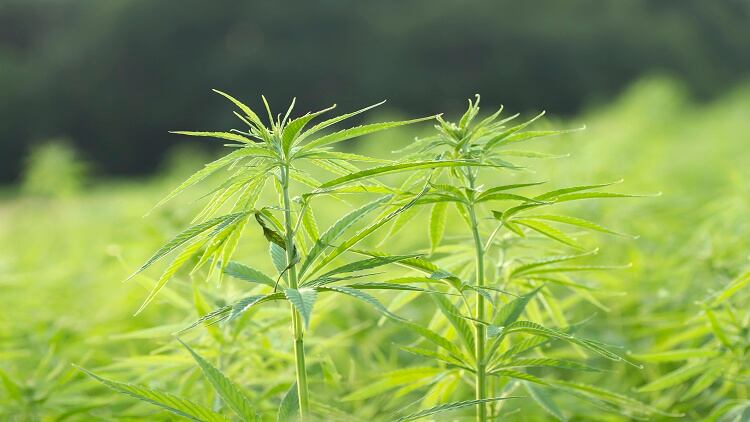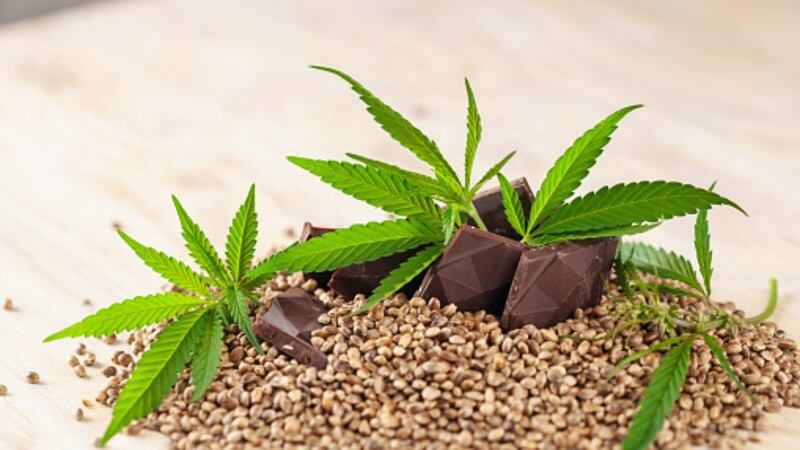This is why in this edition of the FNA Deep Dive, we take a closer look at the CBD and hemp industry from a food and nutrition perspective, and how APAC firms are producing products such as beverages, edible oils, meat alternatives, spreads and more.
The rapid growth of this industry is expected to be propelled by the growing number of vegans in the region and rising health consciousness due to hemp and CBD’s nutritional benefits, and the industry as a whole is expected to grow some 28.6% to hit US$22.9bn by 2027.
From a country perspective, within the APAC region Australia and New Zealand were the first to approve hemp-related products such as oils and seeds for food purposes, so it comes as no surprise that these countries are the most mature in terms of related F&B products, with a wide array of hemp-based foods and beverages already available for sale on supermarket shelves.
These include hemp-based kombucha and infused waters, and according to Hemp Oz, one of the best-known Australian names in this sector, the trend for hemp-based foods and beverages is still well on its way up.
“There is a growing trend for hemp products in Australia, [with] F&B being one of the fastest growing segments in this regard,” Hemp Oz parent company Oz Medicann Group’s CEO and Founder John Leith told FoodNavigator-Asia.
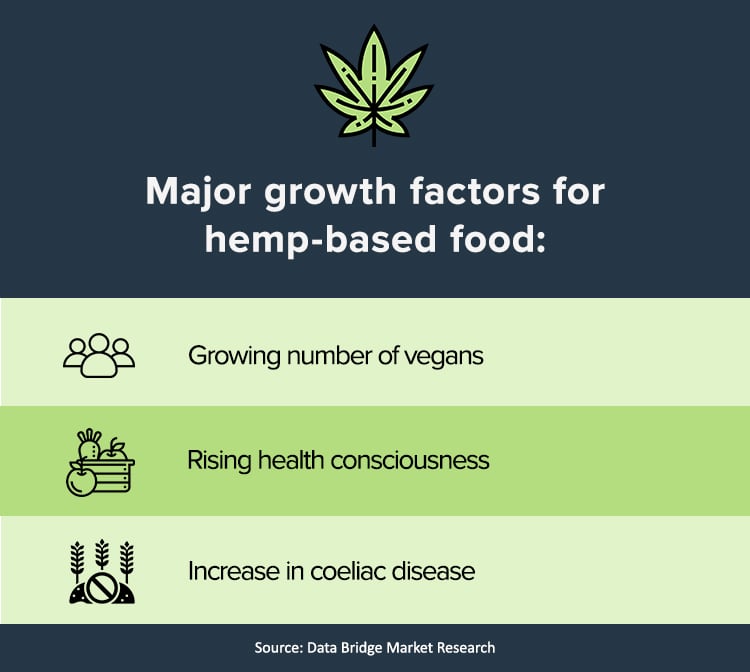
“Hemp is becoming more widely accepted and is available in the mass market under major supermarket brands. [This is especially so with a] focus on this as plant-based food, where we have seen a growing use of hemp as a primary ingredient in processed foods and meal packages.
“As for the use of hemp in beverages, we are actually yet to see an ‘explosion’ in this space [by manufacturers]. mainly due to the innovation [and technology] required to infuse hemp seed oil into water soluble solutions.
“Hemp Oz also launched Australia’s first hemp tea range last year, which combines the health benefits of hemp seeds with the functional benefits of herbs used in traditional medicine.”
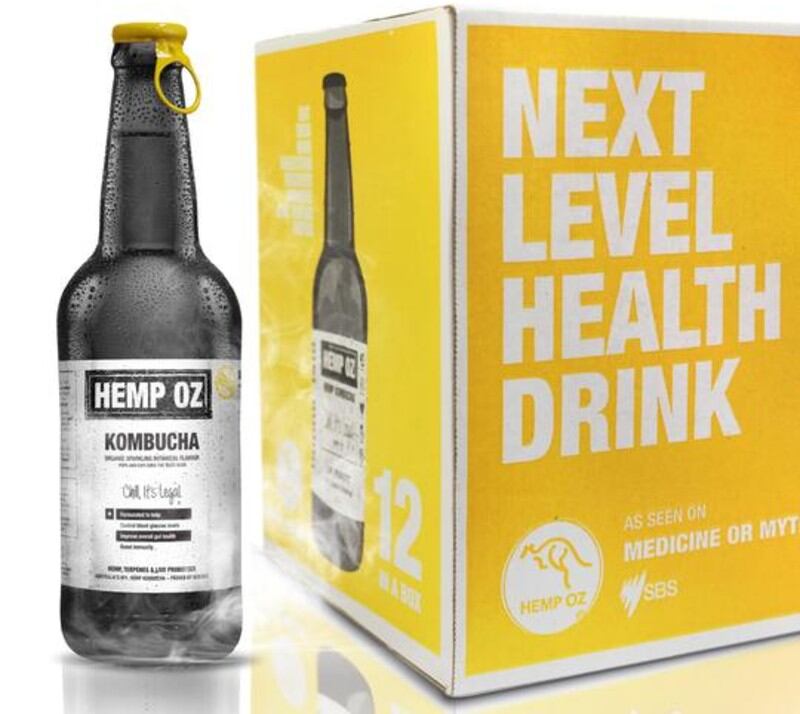
Hemp Oz launched the first hemp beverages in Australia in 2017, the technology for which the firm won an innovation award by Food Innovation Australia.
“Hemp is one of the newest superfoods on the block and has a range of benefits including antioxidants, anti-inflammation, the highest content of healthy and essential fatty acids [in its seeds], and a perfect balance of Omega 3, 6 and 9 which the body cannot get in any other foods,” said Leith.
“Hemp is also packed with essential vitamins and minerals including high amounts of vitamin E, phosphorus, potassium, sodium, magnesium, sulphur, calcium, iron and zinc.
“In addition, Our Hemp Kombucha beverage, which is packed with 39 billion live probiotics has undergone early stage clinical trials and has been proven to lower blood sugar levels and reduce the symptoms of Type 2 diabetes.”
Hemp-based foods
Outside of beverages, one of the largest hemp product manufacturers in Oceania is Hemp Foods Australia (HFA), which deals not only with traditional hemp product formats like seeds, oils and protein powder, but has innovated products such as hemp-based spreads and flavoured hemp oils.
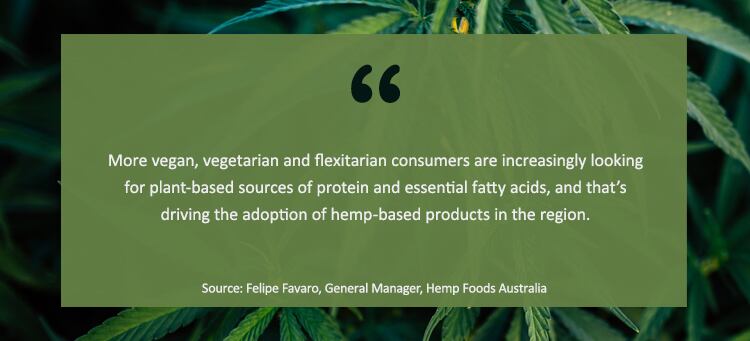
“The COVID-19 pandemic has created demand for nutritious products that people can add easily to their meals,” HFA General Manager Felipe Favaro told us.
“Hemp is a nutrition powerhouse, containing 32% protein and 50% oil, and we at HFA have seen growing demand for our hemp-based products, so much so that our sales grew 22% in Q4 2020 and we definitely expect double-digit growth this year even despite the pandemic.
“We see that consumer demand is there with no sign of reduction, [and] expect this trend to continue in the next two to five years as more products use hemp as a key ingredient.”
Watch the video below for more insights from HFA:
Over in New Zealand, Sustainable Foods has also developed a hemp-based meat product which will be launched later this year, with the firm’s Co-Founder Kyran Rei also keen to focus on marketing this as not just a plant-based product but also to place strong emphasis on its health, nutrition and sustainable properties.
“We know hemp seeds contain plenty of protein but even more importantly it’s a source of complete protein, meaning it contains all 9 essential amino acids [which the human body is unable to produce by itself and] is traditionally associated with only being found in animal-sourced products,” Rei told FoodNavigator-Asia.
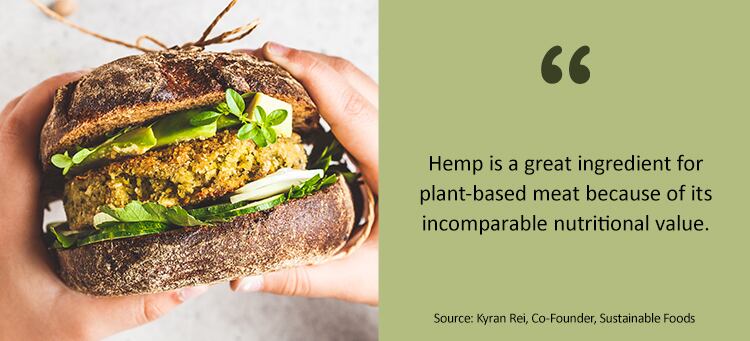
“So the challenge [really stood out to us] to develop a tasty plant-based meat alternative that delivers the same or higher complete protein content – plus this will also help in addressing the issues created by eating meat.
“Hemp has also been scientifically proven to absorb more CO2 per hectare than any forest or commercial crop - One hectare of industrial hemp can absorb 22 tonnes of CO2 per hectare, [and] its rapid growth (grows to 4 metres in 100 days) makes it one of the fastest CO2-to-biomass conversion tools available too, more efficient than agro-forestry.”
He emphasized that the health and wellness benefits are very important to capture the public eye, and believes that the prospects for CBD and hemp based foods to grow into a mainstream category are there and this will happen as soon as regulations allow.
“The [hemp and CBD] industry is really waiting for the regulations to change – and when they do, we will be ready to progress too,” said Rei.
CBD products and Asian markets
So far, in Australia and New Zealand only hemp and not CBD has been used in the production of F&B products as regulations do not yet permit for CBD usage outside of medicinal usage - but interestingly CBD-based products are actually available in markets like Hong Kong, despite the food-related market being overall less mature.
Products like Hong Kong’s OH CBD beer which was launched last year can be found in shops, foodservice and online, and the company claims that there are also benefits to be found from consuming this.
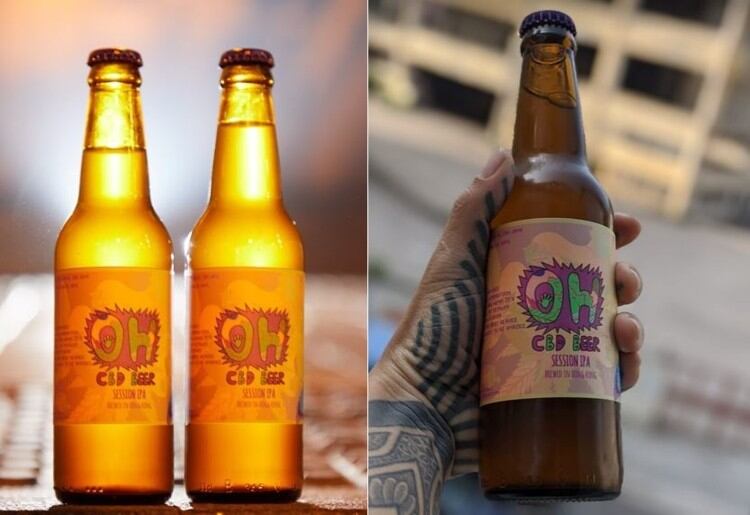
“Previous studies have suggested CBD consumption can lower blood alcohol levels and reduce toxic effects on the liver, and [though more research is needed], we believe that there is still some therapeutic value to combining CBD and alcohol,” said OH CBD Founder Henry Leung.
“We do believe that CBD beer will eventually come to be on trend here in Hong Kong, and hopefully this will reach other Asian countries as well.”
Japan also has a number of foodservice outlets serving CBD food and drinks, usually made by mixing CBD oil with these products which can range from sweets to drinks to lasagne.
Interestingly, CBD foods are not yet allowed in China, which is well-recognised as one of the most mature markets regulations-wise in Asia.
“Hemp-based foods can be found just about anywhere in China, but CBD is not allowed in foods here yet – we believe this will be allowed later, but not yet,” China-focus hemp and CBD firm Asia Horizon CEO Brian Sheng told us.
“The story for hemp is much more advanced though - China has the most advanced industrial hemp supply chain and for processing this into making all sorts of hemp-related things, more than any country in Asia by far.
“That said, I’d say that the consumer market is not at the same level yet – though it looks like it is about to accelerate. All it takes is just one key opinion leader (KOL, basically an online influencer) using the products or promoting these to make the whole thing take off.”
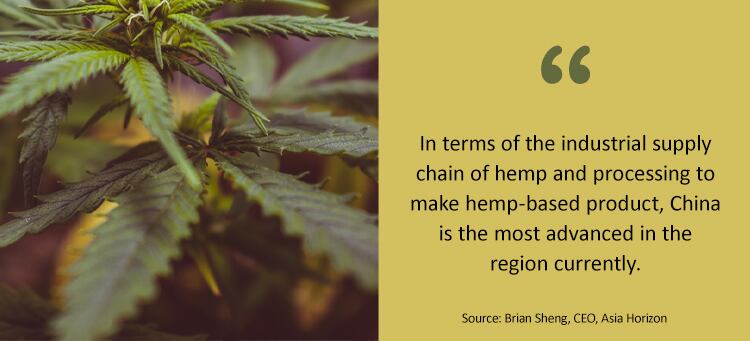
Asia Horizon is launching its own consumer brand named Ouma in March 2021, and in terms of edible SKUs will first focus on CBD tinctures (concentrated extracts), capsules and later gummies, and accordingly the plan is also to work with KOLs to promote these to the market.
“There aren’t many CBD products available in China, but consumers are learning fast and the big online platforms like Tmall and JD are also interested as they are always on the lookout for new and emerging categories,” said Sheng.
“Over the past 12 months, we’ve definitely already seen a drastic increase in entry to the CBD category, and in the next 12 months I am sure we’ll be seeing even faster growth. [This not only applies to Mainland China], but also in CBD food products where they are available like in Hong Kong.”
Over in India, the Bombay Hemp Company (BOHECO) is one of the most established hemp-related firms in the market and believes that hemp and CBD have ‘endless potential’ as F&B products in the Indian market as these are able to tie in with current local F&B trends.
“India is a relatively late entrant in the APAC hemp and CBD market, [with such] edible products just starting to enter the Indian market,” BOHECO Co-Founder and Director Yash Kotak told us.
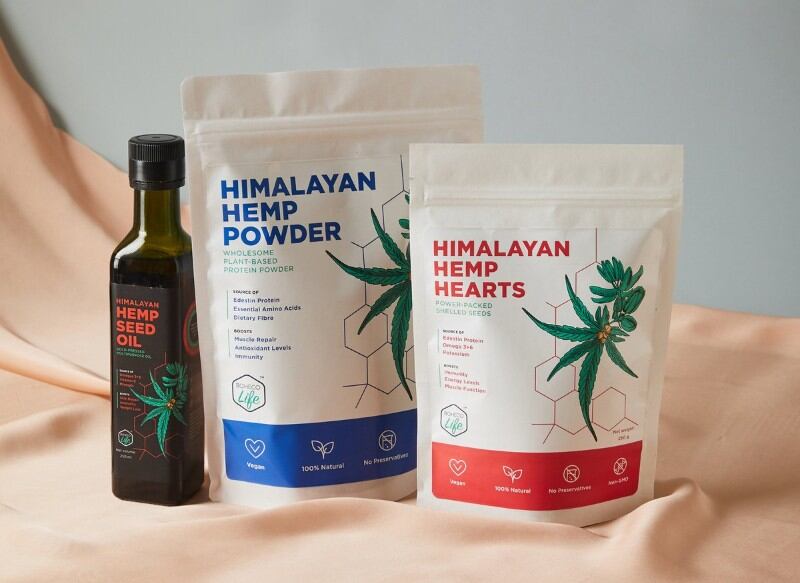
“[That said],the potential is endless [especially due to] the versatility [which] makes it possible for it to be plugged in not only existing industries but also be a category in itself.
“[These] products fit perfectly given the current times, coming on the back of 2020 that has actually increased the importance of health in people’s lives [as it fits] some onseting trends in India such as immunity building, mental health, vegan/vegetarian food choices, organic food [and so on].
Regulations and challenges
A great deal of misunderstanding still exists regarding cannabis, hemp, CBD and their psychoactive properties and uses, leading to regulatory approval delays in most APAC countries.
The chief worry is that cannabis flowers, fruits and leaves are commonly smoked for recreational purposes as a psychoactive drug due to the presence of the cannabinoid tetrahydrocannabinol (THC) which causes a ‘high’ – even though in actuality, hemp comes from a different cannabis variety which has low levels of THC but high levels of CBD, which does not cause a high.
According to Kotak, this lack of awareness remains a challenge in India, and it will take time, perhaps years, before the full potential of hemp and CBD as an ingredient can be realised.
“In India, the lack of education and R&D initiatives for the purpose of the crop’s commercialisation remains a challenge,” he said.
“Consumers and patients need to get the right kind of standard material which can only happen with the right kind of scientific initiatives. There is a wide space that is not yet explored with hemp here in India.
“Owing to the lack of information in the mind of consumers combined with the prevalent misinformation that people have about hemp, it’s imperative that the air around hemp is cleared and the focus is on the plethora of benefits it has to offer instead.”
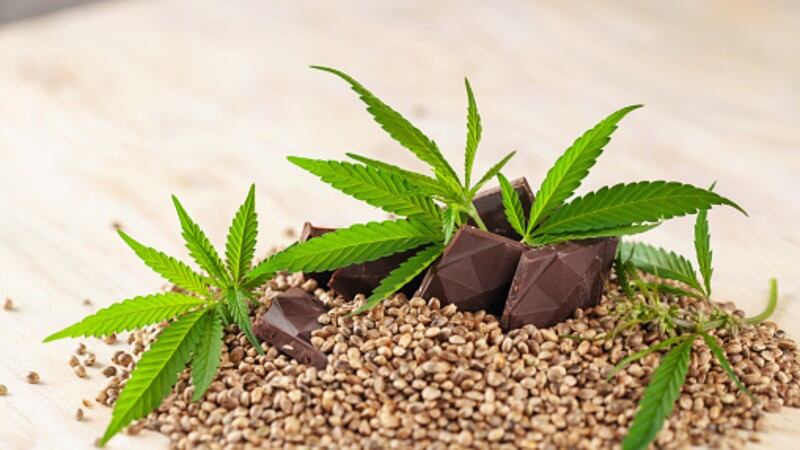
In China, regulations are well laid out for hemp and CBD by ensuring that the most governance takes place at the processing stage of hemp, and not creating unnecessary market pressure by over-regulating.
“Hemp and CBD are usually regulated in three ways – planting, processing and when sold as a product – many markets like the US and Canada have pretty open regulations for the first two, and there has been a lot of oversupply in the domestic market,” said Sheng.
“In China, focus has been on regulating processing, so as to control any THC that may appear in products at this stage. This means farmers can plant as much as they like for use in a variety of sectors just like any ingredient, and the consumer product manufacturers who buy the processed hemp can make and sell their products as long as aligned with the product regulations.
“So here hemp and CBD are not viewed as ‘bad’ ingredients, and this has helped the industry to grow.”
That said, Sheng added that at a global level, perception challenges still exist.
“The United Nations reclassified cannabis and its derivatives from the strictest control schedule in December last year, but still regulations are yet to fully open,” he said.
“This would have a major effect, as it goes hand-in-hand with local regulations – only when the UN makes these legalisations will countries worldwide be comfortable to do the same.”
Leith concurred, saying that regulations in various APAC countries remain the main challenge for the industry to truly flourish.
“The major challenge remains the regulatory environments within each country. While these are changing there have been restrictions placed on the import of CBD and hemp Products into [various] APAC countries,” he said.
“In Australia the use of hemp in consumables is restricted to hemp seed oil production or the use of hulled hemp seeds in various products.
“That said, I predict that the hemp market will continue to grow and expand internationally in 2021, largely driven by consumer demand and the recognition that consumers are looking for health alternatives to existing products.
The rise in plant-based food as a category should also increase hemp sales, and the focus of ‘food as thy medicine’ and natural alternative treatments will see CBD grow exponentially across the markets in the region that are legal.”

